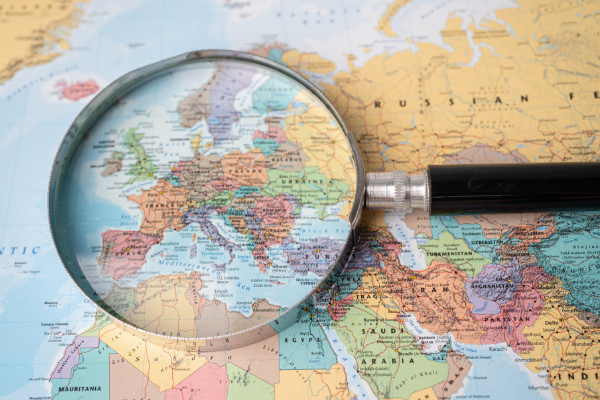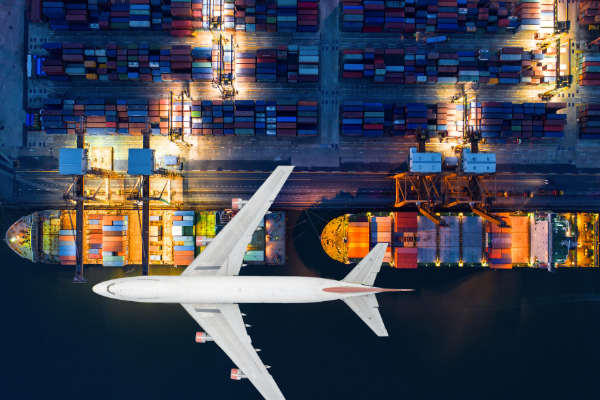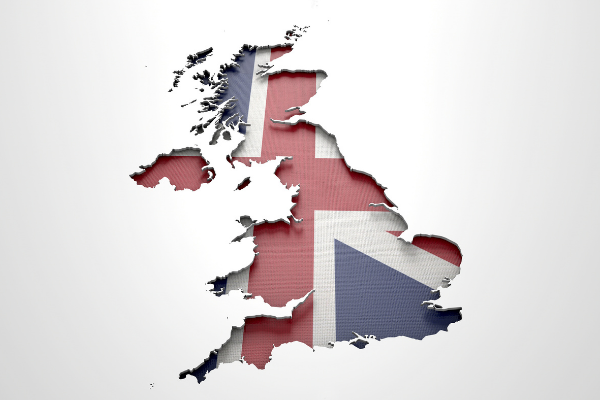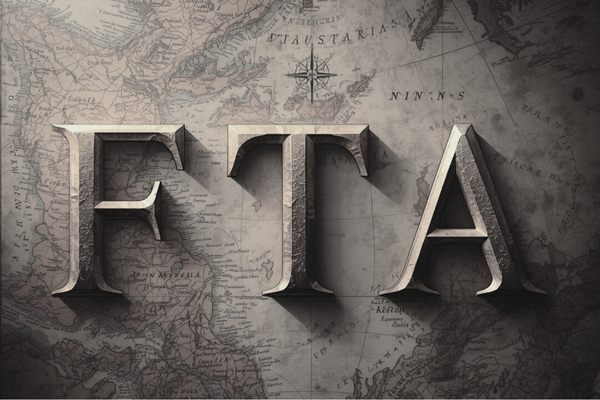BY:
SHARE:

Since leaving the EU, the UK has embarked on a journey as an independent trading nation, establishing a diverse array of trade agreements with countries around the globe, including the landmark Trade and Cooperation Agreement (TCA) with the EU. Today, the UK has secured over 70 trade agreements, each potentially reshaping the trade landscape, streamlining processes, and bringing tangible benefits to UK businesses. However, navigating these agreements and maximising the opportunities they present can be complex.
Understanding Trade Agreements: Unlocking Opportunities
Trade agreements are essential frameworks that simplify the exchange of goods and services across borders. They aim to reduce trade restrictions, lower tariffs, and create favourable business conditions in partner countries. By reducing costs and administrative barriers, these agreements open doors for UK businesses, offering a hopeful and optimistic view of the potential benefits of expanding globally.
However, the benefits of trade agreements come with conditions: only goods that meet specified criteria can qualify for reduced duties and other advantages. These conditions can vary widely from agreement to agreement. To truly benefit, businesses must fully understand and comply with these rules, ensuring their goods qualify as ‘originating’ within the terms of each trade agreement. This understanding and compliance are crucial for businesses to benefit fully from the trade agreements.
Rules of Origin: Making Sense of the Criteria
A product must often satisfy strict rules of origin to be eligible for preferential treatment under a trade agreement. This generally means the product must be entirely produced or transformed within the partner country. While some agreements allow for cumulation, enabling products from certain third-party countries to count as “originating materials,” others are more restrictive. The TCA, for example, permits only limited use of non-originating materials, making compliance a vital issue for businesses.
For instance:
- Food products often require stringent origin compliance, meaning that animal or plant-based products must be born, raised, grown, or harvested in one of the partner countries to qualify.
- Manufactured goods may need to undergo a specific change in tariff classification, such as a shift in chapter, heading, or subheading of the commodity code, to qualify as originating.
This intricacy highlights the importance of precise compliance. Is your business sure that your product is eligible for preferential treatment? Strong & Herd’s experts can guide you through the specific origin rules and compliance requirements, ensuring you maximise your savings on duties and tariffs.
Recent Trade Agreements: New Pathways for UK Businesses
The UK has recently formalised several significant trade agreements that bring expanded opportunities to various sectors, including:
- UK-Australia Free Trade Agreement
- UK-New Zealand Free Trade Agreement
- Singapore Digital Economy Agreement
- Japan Comprehensive Economic Partnership Agreement
- Norway, Iceland, and Liechtenstein Free Trade Agreement
These agreements have unique rules and advantages that could transform your trade operations in those regions.
https://www.gov.uk/guidance/uk-trade-agreements-in-effect
Trade Agreements Signed but Not Yet in Force
There are also agreements awaiting ratification, such as:
- Comprehensive and Progressive Agreement for Trans-Pacific Partnership (CPTPP), expected to take effect in late 2024.
- UK-Ukraine Digital Trade Agreement (DTA), anticipated for September 2024. This agreement modernises the UK-Ukraine Free Trade Agreement, deepening digital trade relations.
Understanding the implications of these pending agreements can provide strategic insights for businesses looking to enter or expand in these markets. Talk to Strong & Herd about upcoming agreements and how early planning could benefit your supply chain.
Ongoing Negotiations: Shaping the Future of UK Trade
The UK government is actively negotiating with new partners, including India and the Gulf Cooperation Council (GCC), while enhancing existing agreements with countries such as Canada, Mexico, the Republic of Korea, Switzerland, and Israel. Each negotiation could open new markets or modify existing conditions, affecting your trade strategy.
Are you prepared for these changes? Strong & Herd’s team can help you anticipate and adapt to new agreements, ensuring your business is always trade ready.
Public Consultations: An Opportunity to Shape Trade Policy
For each new trade negotiation, the UK government invites public consultation, seeking business input on what aspects of trade relationships should be prioritised. This is an invaluable opportunity for companies to influence the future of UK trade.
Contact us today to discuss how we can assist you in maximising your business’s potential through trade agreements and compliance expertise. Together, we can ensure you make the most of the UK’s evolving global trade landscape.
OneCall™ Email assistance as and when required; A one-call solution for all your import, export and customs enquiries. Export help. Import help. Customs help.
Stay informed about customs and international trade matters by subscribing to our OneCall™ service. This comprehensive offering includes a dedicated email helpline for support, timely practical updates direct to your inbox (Did You Know?), monthly UK Customs & Trade Briefings and access to an interactive members' area with an exclusive community for our subscribers.
International Trade Updates & Spotlight Newsletter
Subscribe to our free information emails covering international trade topics...
MORE INDUSTRY INSIGHTS...












